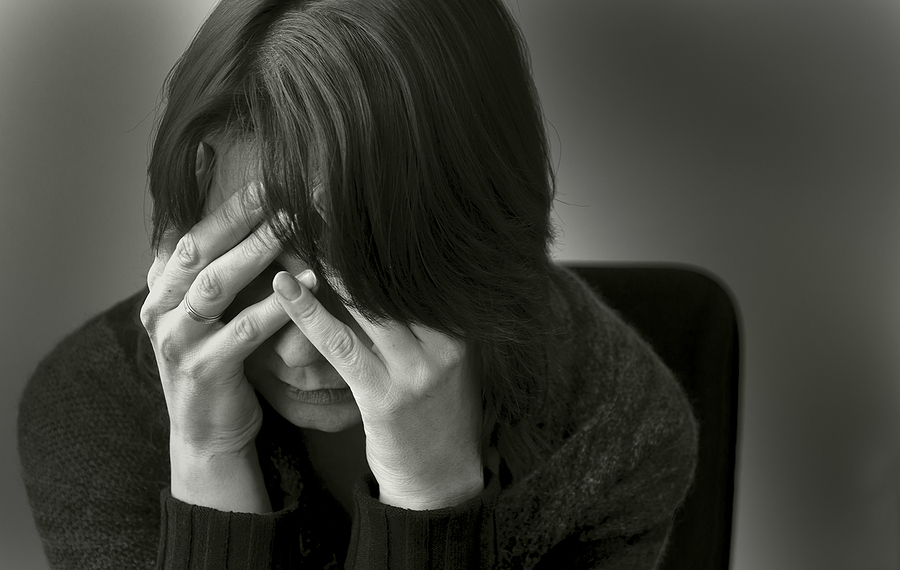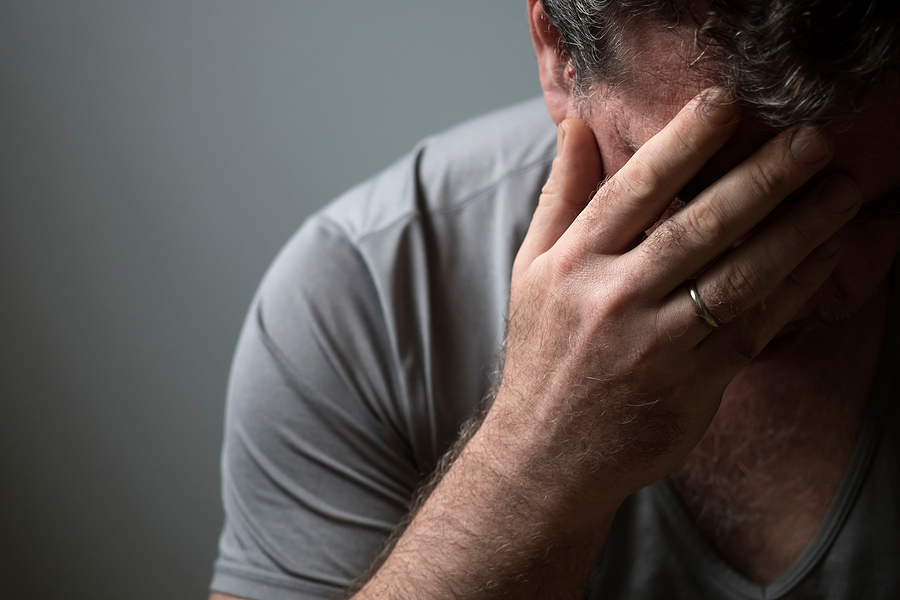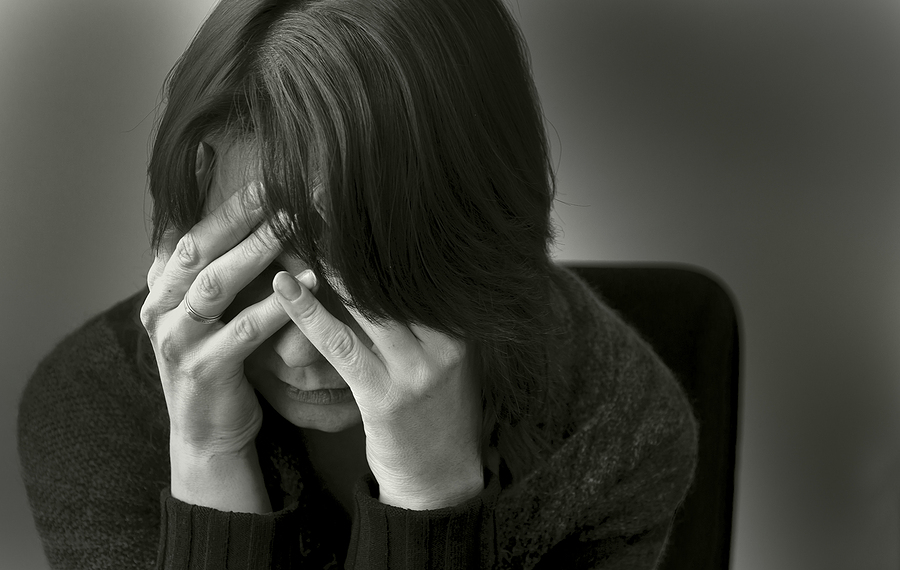Depression is a mental disorder that gives excessive sadness, lack of motivation, and many more symptoms, affecting one’s daily life. To cope with depression, first we must learn about it.
Depression is a very common mental illness affecting almost 264 million people globally, affecting almost all age groups. As an illness, you must take it seriously as the disorder can drive a lot of affected ones to suicide. It has various types, each ranging from differing symptoms and causes such as:
- Dysthymia
- Postpartum depression
- Seasonal affective disorder and more.
Some last for years while some may be alternating episodes of depression. However, it is imperative that you get help with whatever type you may have.
Some societies have a social stigma about visiting therapists or getting help for illnesses like depression. People need to disregard this as depression can eventually inflict the same harm that a physical illness would.
Symptoms of Depression:
Table of Contents
The symptoms of depression include a lot of heavy and dark emotions forcing one to halt their everyday lives due to overwhelming emotions. Consequently, patients can end up losing their will to get up in the morning. Similarly, if it reaches a chronic state, it can be permanent and inevitably lead to suicide.
The symptoms can include:
- Feeling of sadness, anxiousness, or emptiness.
- Lack of motivation in activities that would have otherwise brought you joy.
- A change in your circadian rhythm; lack of sleep or excessive sleeping.
- Increased procrastination in everyday tasks.
- Lack of focus/concentration or troubling memory.
- Sensory overload resulting in irritation, (e.g. irritation or agitation over background noises like television, talking or chewing)
- Loss or gain of weight due to a change in eating habits.
In some individuals more a handful of symptoms might appear while some may experience less than others.
Causes of Depression:
Causes differ just as symptoms do, but a lot of factors affect one’s mental health and result in them getting depressed.
Abuse:
Abuse has different types varying from verbal, physical to sexual. Exposure to abuse can affect the victim heavily and they are prone to develop depression. The trauma from past abuse can make a person develop triggers that may send them into depression even if it has not been active for a while.
Personal Problems/inner conflicts:
Personal problems like isolation, not meeting personal goals or insecurities can also lead to one developing depression. They may also experience heavy sadness or self-hatred. Some people at the same time have a low tolerance for internal conflicts. They may not have the will to cope with personal issues like ending relationships and more.
Life-changing events:
Events like relocating, changing schools, or jobs can also play a part in a person to get depressed. This can be due to drastic changes that disturb a person’s daily life. Those who are sensitive to change might experience symptoms of depression during these challenging times.
Genetics:
Science proves that genetics may play a role in depression. It’s a fact that not one specific component but several smaller components of your genes may affect your mental health. Family history plays an important role in many illnesses and depression is one of those.
Other medical conditions:
It’s an undeniable fact that many patients with serious illnesses develop depression as both mental and physical illnesses sometimes trigger each other to worsen the patient’s condition.
How to Cope with Depression:
Just as the symptoms and causes vary, the way to coping depression can vary from person to person as well. Top few ways to cope with the depression that experts give are:
Join a supportive network of people:
You can control or cope with depression if you have the right people around. It is a fact that having people who help or support you can help you feel better. Joining support groups can also help greatly. Making a judgment-free community around yourself will give you the strength to control your condition. Talking is an effective coping mechanism, talk to trustable people, and let them know of all your thoughts. Discuss what hurts you and take advice on how to avoid episodes of depression.
Intake of cannabinoids:
Cannabinoids are compounds present in cannabis plants naturally. There are many benefits of this that medical experts agree with. The new Delta 8 THC available at https://cbdvapejuice.net/product-category/cbd-by-type/delta8/ has many reviews of being effective and yet at the same time helping you stay lucid with no paranoia. Seek the advise of your medical professional about cannabinoids as well as other medication and the best times to take your medication, such as Methylfolate.
Get therapy:
Therapy comes with criticism when mentioned in front of a crowd. You should note that the sole reason for therapy is to help a person cope better with their condition. Which is why those suffering from depression should immediately visit a therapist. Professional help is always the best and most effective way for one to deal with issues. Hence, easing yourself into the idea of therapy and meeting up with a therapist is a good investment for your mental health. Taking ketamine for depression is just one of the newer treatments that has shown great promise in treating MDD.
If you’re with someone who’s showing signs of depression and has been detained involuntarily at a mental health facility, you can protect them through a law such as the Baker Act in Florida. It is important people with the tendency to be depressed mustn’t be forced to be in a mental health facility but instead, be voluntarily willing to undergo treatment.
Eliminating stress:
Stress often triggers depression. Reducing stress-inducing activities or any source of it from our life is a good start to trying to cope with depression. Ask for help in activities which stress you out and go slowly. If something might give you stress in the future then try to find a solution to avoid the stress.
Avoid procrastination:
Depression tends to multiply when we put off important tasks. Be it homework, cleaning, writing, or whatnot. Putting off such tasks that may hinder your everyday life is both stressful and harmful. Setting short-term goals and managing your time well for important tasks can help you break through the habit of procrastination.
Keep track of your eating and sleeping habits:
Lack of sleep and a proper diet can make going through the day hard, and with depression, even harder. By keeping track of your eating and sleeping habits you can ensure a healthier mind and body which will give you the strength to cope with your condition. It is a well-known fact that an imbalance of either of the two can result in irritation, agitation, and tiredness. Constantly feeling this way can easily trigger long term depression until you fix the problem.
Image Source: BigStock.com (Licensed)
Site Disclaimer
Marijuana is a Controlled Substance under the Controlled Substance Act (21 U.S.C. 802) (“CSA”) and the cultivation, distribution, and possession of marijuana is a crime under federal law. Keep all marijuana and marijuana products out of reach of children and animals. Intoxicating effects of marijuana and marijuana products may be delayed. Use of marijuana while pregnant or breastfeeding may be harmful. Consumption of marijuana and marijuana products impairs your ability to drive and operate machinery, please use extreme caution
Related Categories: Health, Reviews







